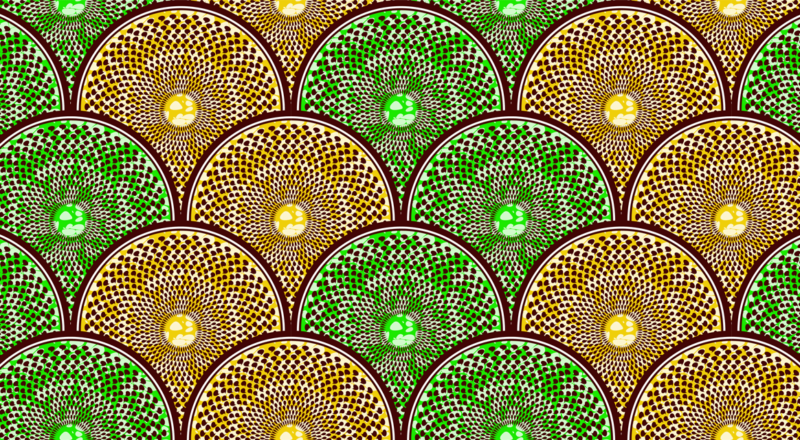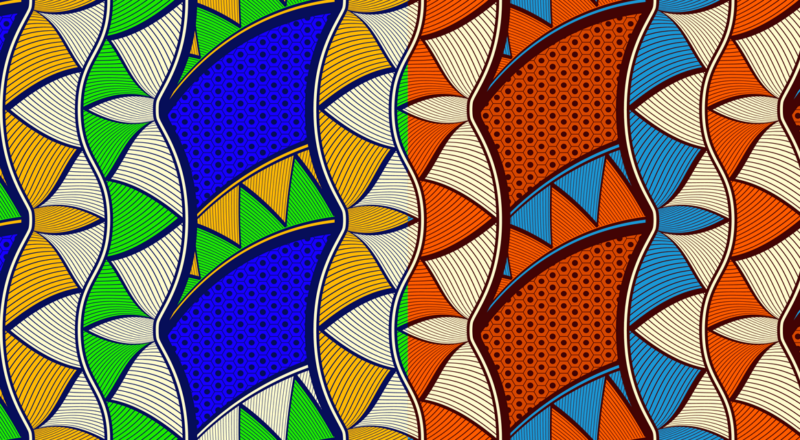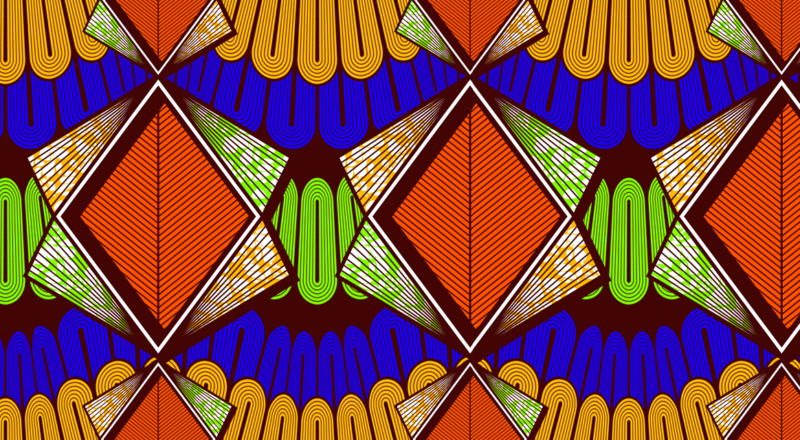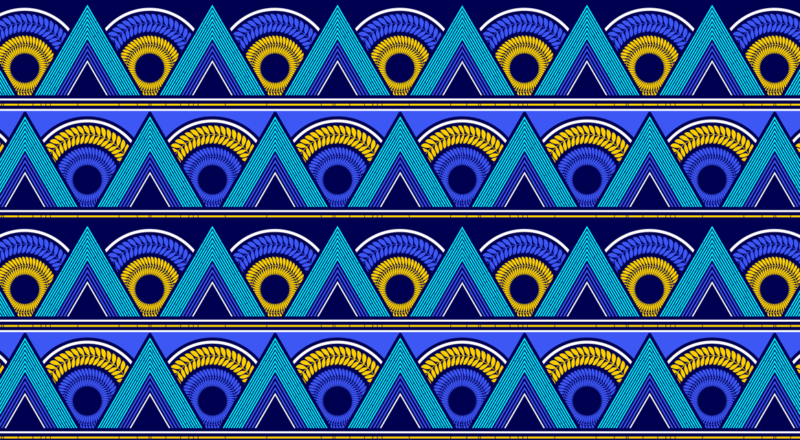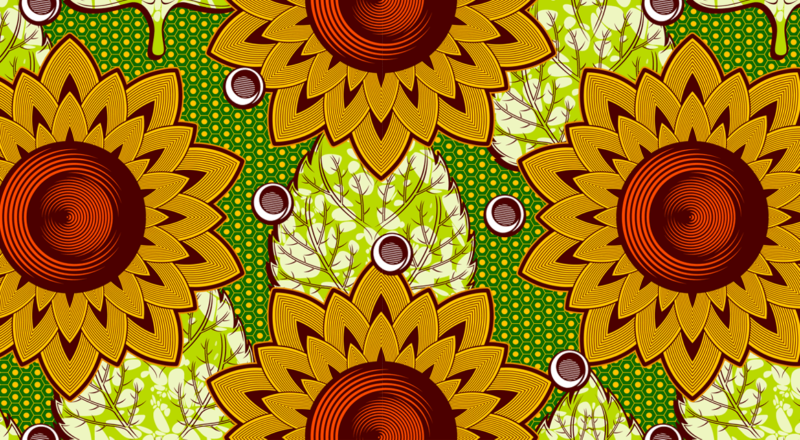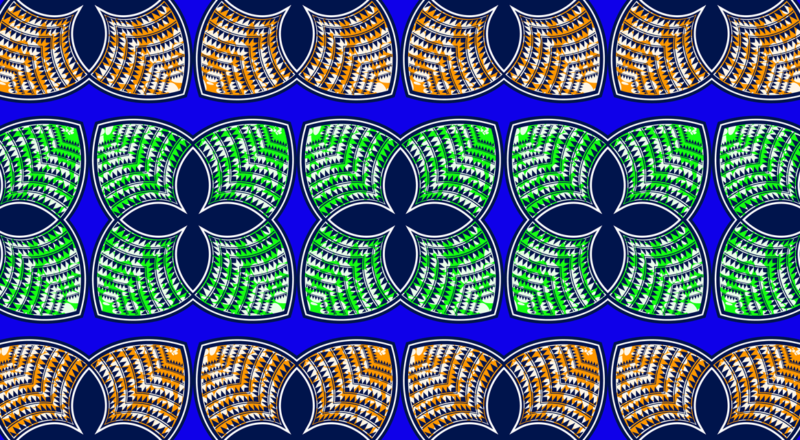Stonard Lungu was a Malawian singer-songwriter and guitarist who performed alongside Malawi’s guitar maestro Dr Daniel Kachamba in the 1970’s, before going on to establish a prolific musical career of his own.
One of the most popular of Lungu’s songs was Zapadziko (“The World”), which draws upon Biblical scriptures about the impermanence of worldly things. The singer reflects on the unpredictability of life and the prevalance of war, seeking salvation through prayer and a stoic acceptance of fate.
That of the World is but vanity
It is all vanity, generations are born and die…

